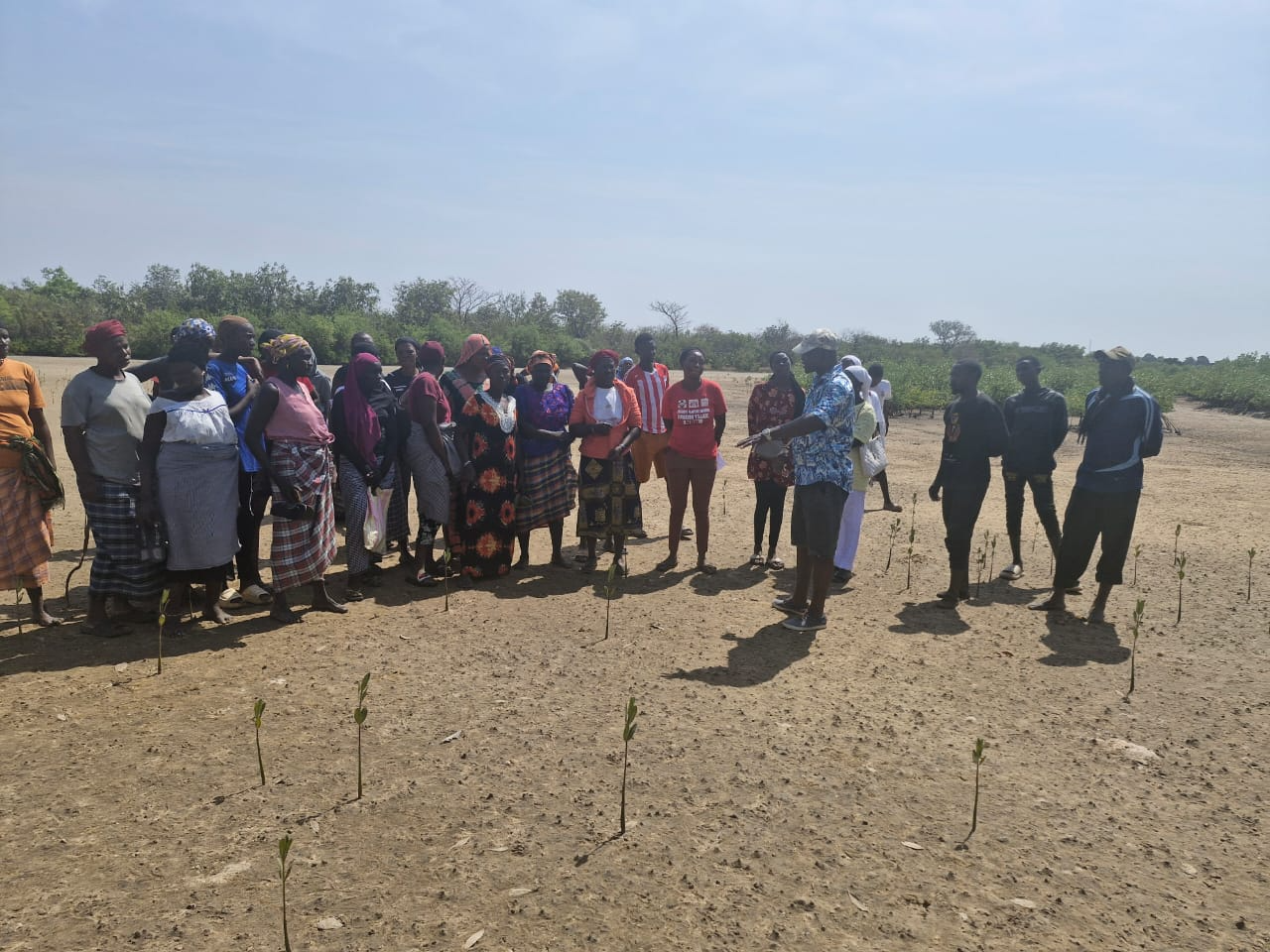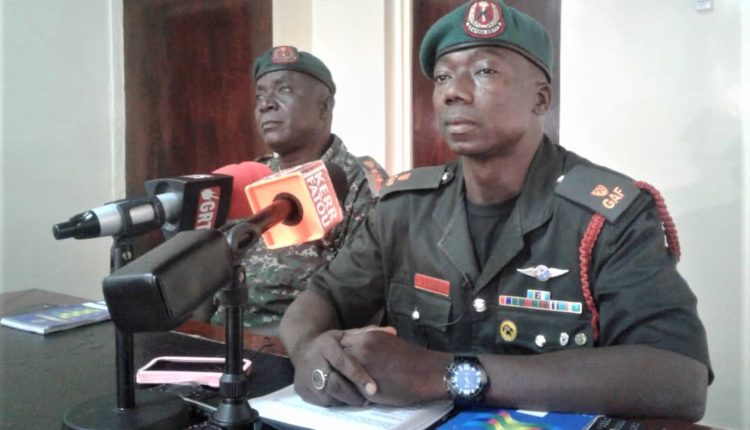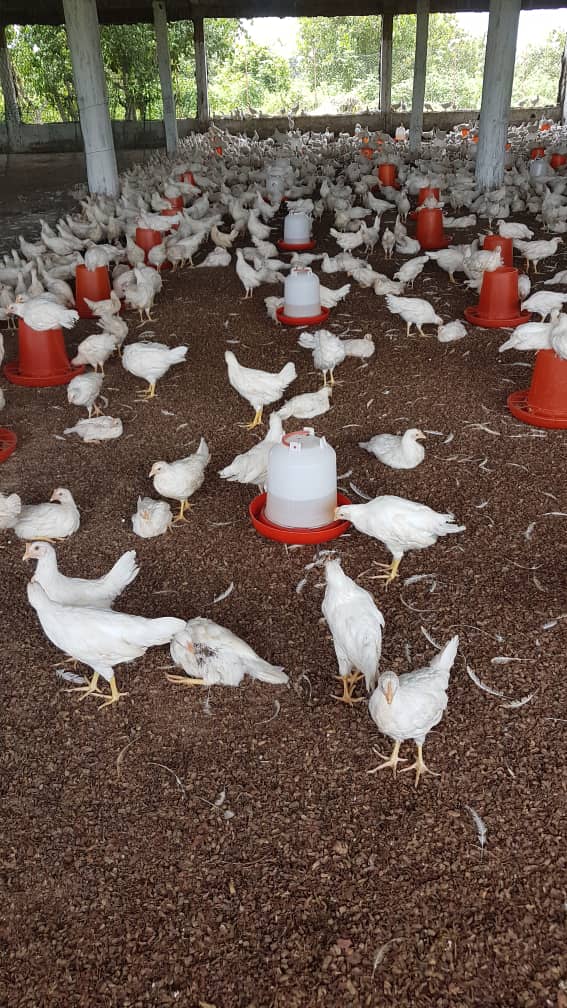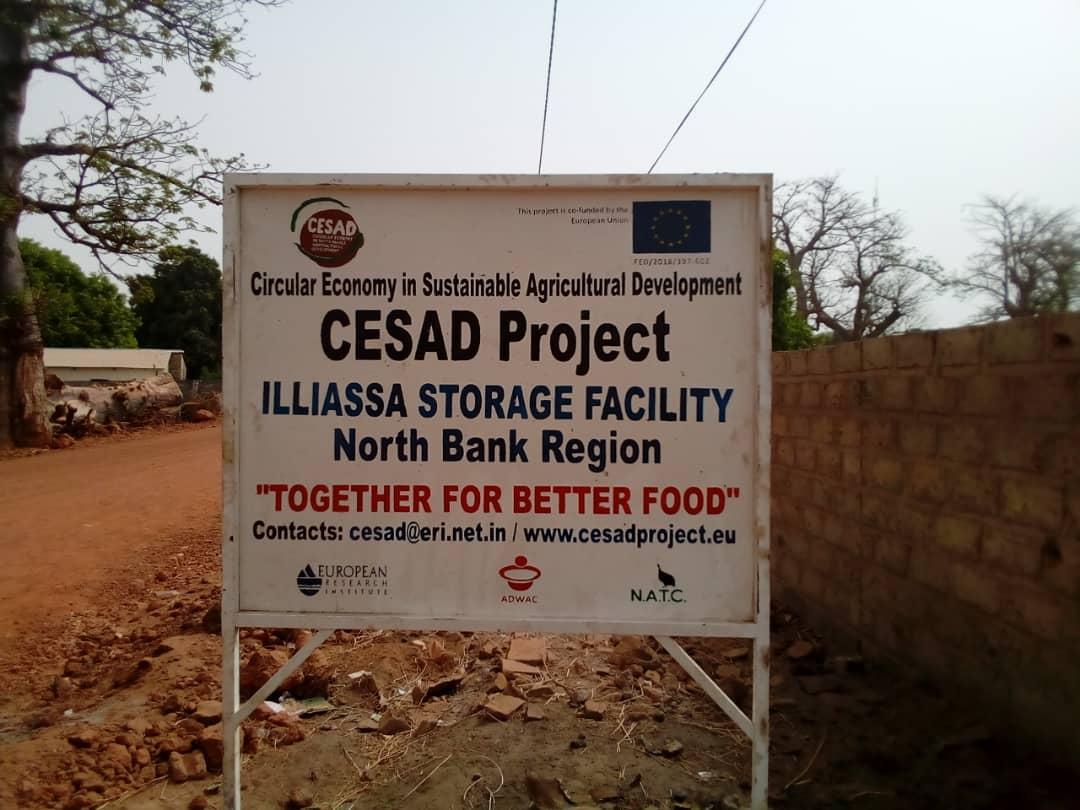By: Haruna Kuyateh
Worldview The Gambia (WTG), a local NGO in collaboration with the National Volunteers Network—The Gambia has recently concluded a five-day training workshop. The training focused on the pilot project called “Mangrove Restoration for Youth Empowerment, Inclusive Volunteering, and Sustainable Development.
During the period of the training, communities, and schools were sensitized on planting of mangroves, propagation techniques, and species identification.
The training was used to empower local youths, women, and community volunteers on the mangroves restoration project, (MR-YEIVSD) supported by the ECOWAS Commission through the ECOWAS Youth and Sports Development Centre (EYSDC). The training was held in two communities – Medina Kanuma and Essau in Lower Nuimi, North Bank Region.
Ahmed A. Salami Project Coordinator speaking to this medium in Essau underscored the organization’s commitment to working with partners to empower communities along the coastal line including youth and women, by providing sustainable livelihoods and reducing coastal flood risks through mangroves planting.
The project plans to establish demonstration sites in three communities, planting and caring for 20,000 mangroves in NBR. These mangroves will act as carbon sinks, promote biodiversity, and mitigate climate change, while also providing livelihoods for coastal communities and residents.
He said Worldview believes that engaging the youth in mangrove restoration efforts through an innovative and inclusive volunteering initiative will help protect one of the world’s most important ecosystems and promote peace, and sustainable development in The Gambia.
Worldview and the National Volunteers Network intend to celebrate ECOWAS Volunteer Day with an event recognizing volunteers’ contributions and the plan is in place to work with Volunteer Involving Organizations, the government, and other stakeholders to review the draft National Volunteer Policy to ensure adequate protection for volunteers.
Climate change is a significant concern for The Gambia, with a potential 1-meter sea level rise threatening to inundate 8% of the land area, affecting critical ecosystems like mangroves, swamps, and rice-growing areas, he noted.





